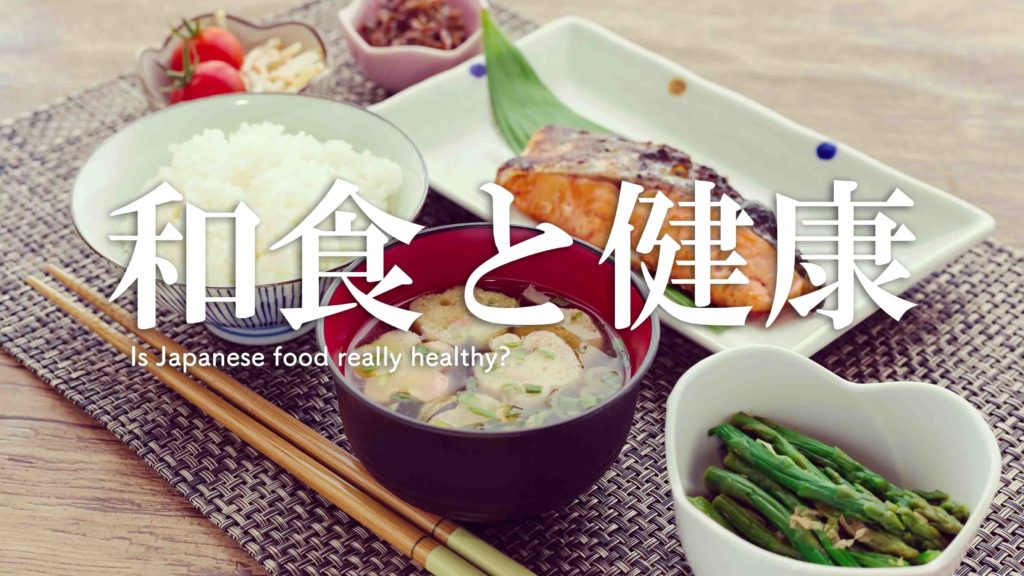Rinse & rePeat
Member
- Joined
- Mar 10, 2021
- Messages
- 21,516
"Perceptions that are clear and useful are the real revolutions in science, and the rest of it has to do with social and financial commitments.
Even in the short time since Kuhn wrote his book, the status of medicine has changed significantly, putting it right up with militarism and the energy industry as a source of political and economic power. The authoritarian monolith that has been known as the community of science has become increasingly (even in areas such as astronomy, where commercial interests aren't so crudely involved) a structure of cultural propaganda maintained by bullying and fraud. Since the "normal science" in these authoritarian settings is dedicated to evading the truth, it becomes almost a guide to where to look for the truth. It's sort of analogous to the "mystery" of why breast cancer mortality is lowest in the poorest part of the U.S., Appalachia, and highest in the richest regions: the medical industry goes where the money is, taking death with it. Science, like health, thrives on the neglect of the corrupt industry." -Ray Peat
Even in the short time since Kuhn wrote his book, the status of medicine has changed significantly, putting it right up with militarism and the energy industry as a source of political and economic power. The authoritarian monolith that has been known as the community of science has become increasingly (even in areas such as astronomy, where commercial interests aren't so crudely involved) a structure of cultural propaganda maintained by bullying and fraud. Since the "normal science" in these authoritarian settings is dedicated to evading the truth, it becomes almost a guide to where to look for the truth. It's sort of analogous to the "mystery" of why breast cancer mortality is lowest in the poorest part of the U.S., Appalachia, and highest in the richest regions: the medical industry goes where the money is, taking death with it. Science, like health, thrives on the neglect of the corrupt industry." -Ray Peat


